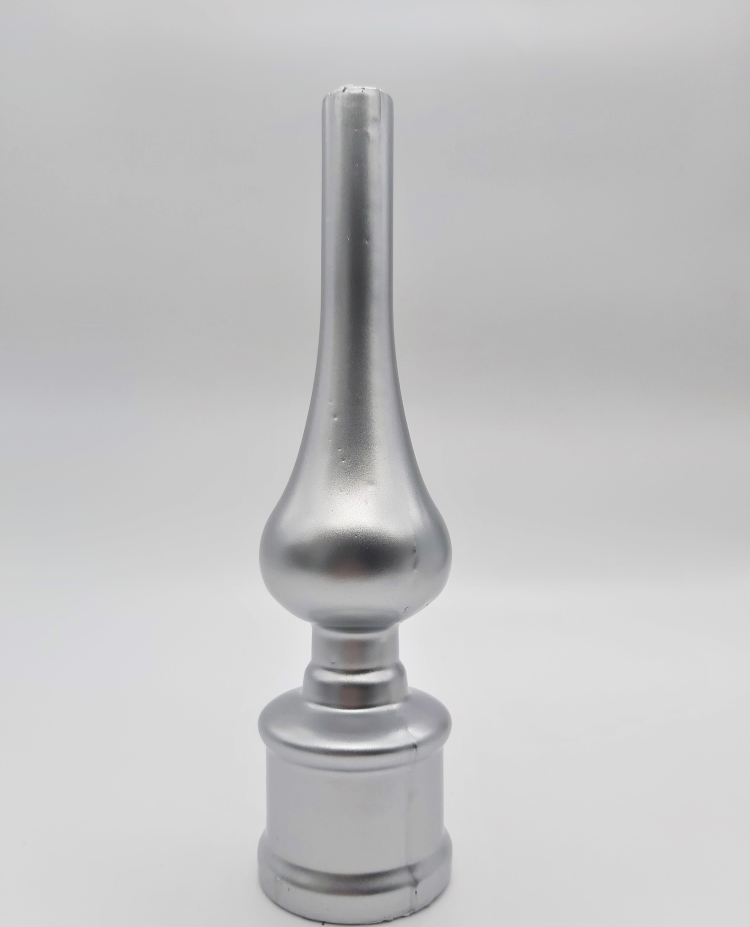
An Hour a Day
Since praying all day long isn’t feasible for anyone other than a few rare tzaddikim, Rebbe Nachman prescribed an hour a day of personal prayer for each of us.

Translated by Rabbi Lazer Brody
In Forest Fields, Part 36
Now that we’ve learned some of the basics of personal prayer, it’s much easier to understand why Rebbe Nachman instructed us to devote at least an hour a day to hitbodedut. There are so many subjects that we have to cover in hitbodedut that in reality an hour is not enough. Rebbe Nachman therefore said that the strong-hearted person that truly desires to cling to Hashem aspires to pray all day long, just as our sages said in the Gemara (see tractate Berachot, page 21). But, since praying all day long isn’t feasible for anyone other than a few rare tzaddikim, Rebbe Nachman prescribed an hour a day of personal prayer for each of us; understandably, an hour a day is the barest minimum.
A person that’s truly honest with himself knows how much he needs improvement in the areas of praying with intent and learning Torah with diligence. He knows how hard it is to break his stubborn bad habits and to overcome his negative character traits. He’s fully aware that his shalom bayit needs improvement. With so much to talk about with Hashem and to pray for, he knows that an hour is not enough. Such an individual never asks. “What do I talk to Hashem about for a whole hour?” A person who’s honest with himself, recognizes his shortcomings and desires to improve them grabs every opportunity to speak to Hashem for two or even three hours. At any rate, he uses every opportunity during the day to speak to Hashem.
Learning to do an hour a day of hitbodedut
 First of all, a person must accustom himself to talking to Hashem for an hour a day. This becomes second nature as soon as a person gets the feeling that he can’t let the day go by without pouring his heart out to Hashem. To facilitate making hitbodedut a part of one’s daily routine, a person should search for the easiest and most accessible way to do hitbodedut. For example, the beach might be your favorite place for hitbodedut. But, if you can’t get there with ease – in other words, if it takes you two or three hours travel time – you’re better off planning your personal prayer session in a local park or a nearby meadow.
First of all, a person must accustom himself to talking to Hashem for an hour a day. This becomes second nature as soon as a person gets the feeling that he can’t let the day go by without pouring his heart out to Hashem. To facilitate making hitbodedut a part of one’s daily routine, a person should search for the easiest and most accessible way to do hitbodedut. For example, the beach might be your favorite place for hitbodedut. But, if you can’t get there with ease – in other words, if it takes you two or three hours travel time – you’re better off planning your personal prayer session in a local park or a nearby meadow. In your first steps in hitbodedut, don’t regiment yourself too much. Pray for whatever you want and talk to Hashem about whatever comes to mind. Let your conversation with Hashem flow. Use the seven areas that we discussed previously (order of hitbodedut, A to G) as guidelines. With a mere nine minutes devoted to each area, you will already have spent more than an hour in personal prayer. In time, you’ll find that self-evaluation alone takes much more than nine minutes a session. Oftentimes, a problem or crisis that comes up will dominate a particular day’s personal prayer session.
Daily self evaluation, when we take a good hard look at our deeds – both positive and otherwise – is an easy way to fill our designated daily hour. People who are new to personal prayer have trouble recalling the events of the previous day; since transgressions weaken a person’s memory, one’s uncorrected misdeeds cause forgetfulness. Daily teshuva that results from daily self-evaluation therefore sharpens the memory and makes it easier for a person to judge himself as time goes on.
A good way to start one’s self-evaluation is by assessing one’s daily mitzvoth. How was my Shacharit? Did I pray with intent? Did my mind wander? Did I fly through the prayers with impatience? How was my Mincha? My Maariv? Did I say the Grace after Meals properly, or did I speed through that too?
Don’t be upset if you can’t remember everything. Just speak to Hashem with innocence, with sincerity, and with candor. Let your feeling flow forth.
True daily self-evaluation requires an hour in itself. But, as we said before, one’s first steps in hitbodedut should be simple and easy until he feels that he can’t get through a day without an hour of personal prayer. Therefore, structure is less important that a free flow of speaking with Hashem that includes whatever subject comes to mind, gratitude, self-evaluation, asking for our spiritual and material needs, and praying for others.
The self-evaluation and self-improvement segments of our personal prayer are chances of a lifetime to better our lives in every aspect. Here, we can identify, analyze, and pray to overcome our shortcomings, bad habits, and negative character traits. We focus on the most pressing issues in our lives. We accustom ourselves to turn to Hashem for all our needs and we establish a most intimate relationship with Him.
To be continued.













Tell us what you think!
Thank you for your comment!
It will be published after approval by the Editor.